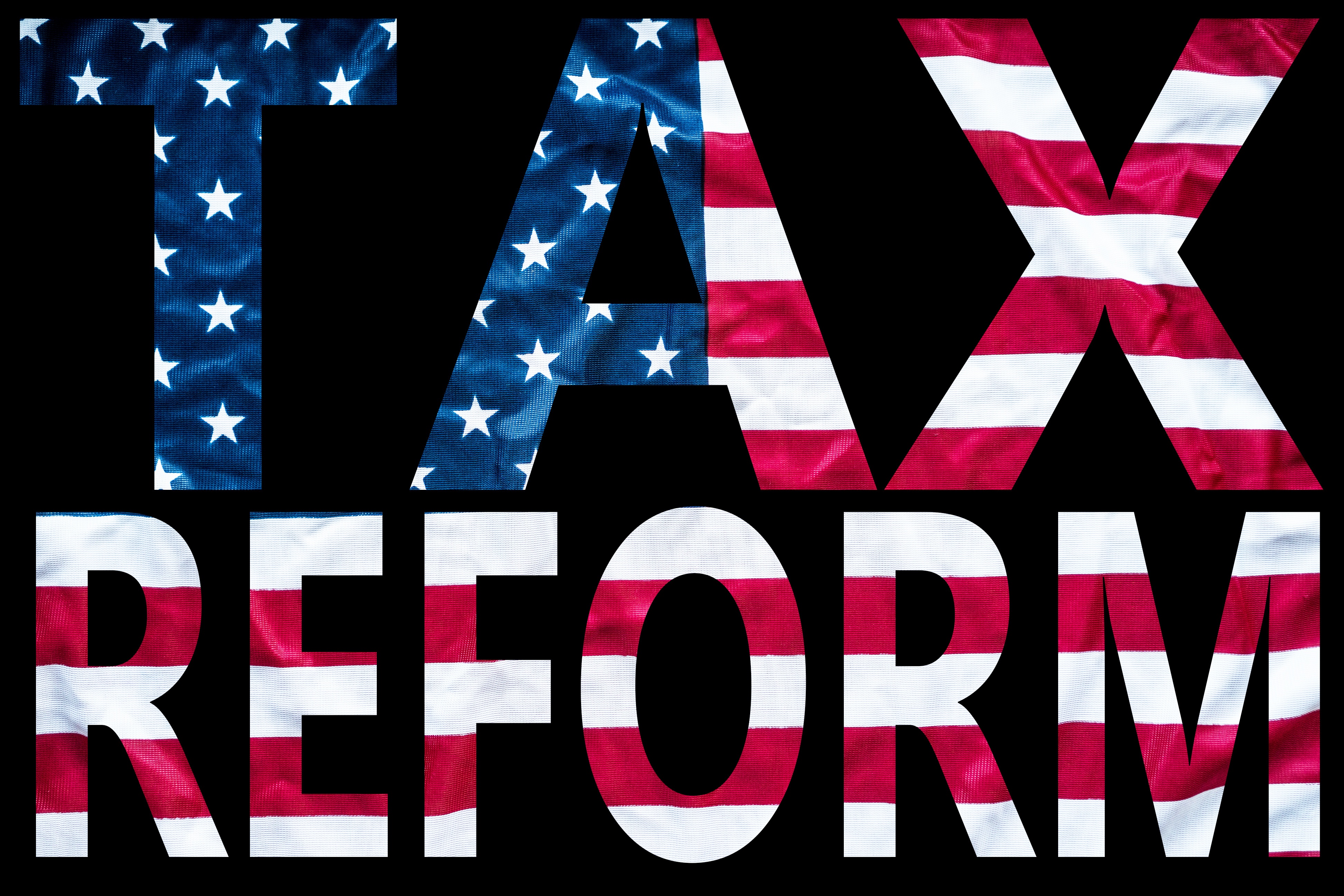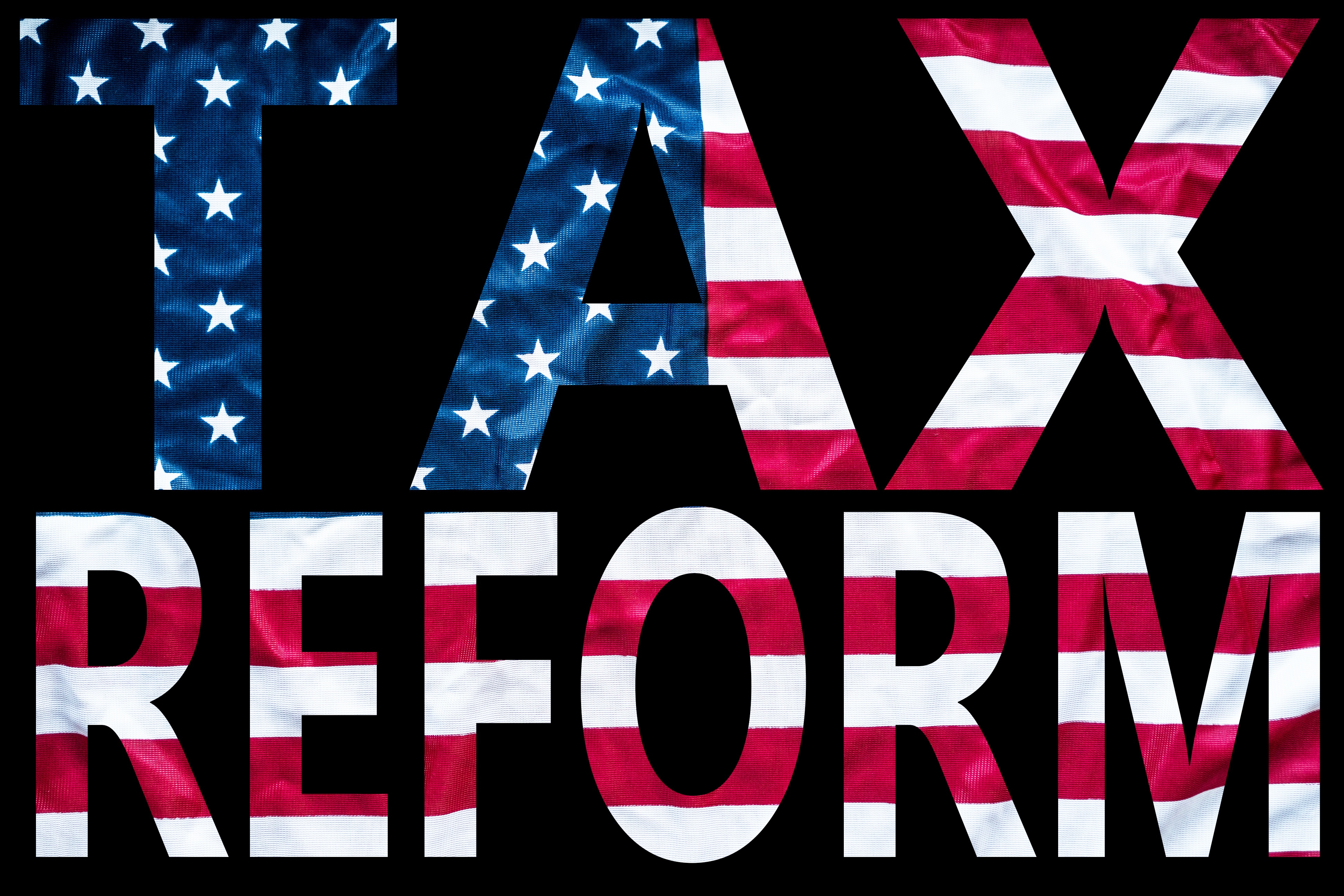Almost all businesses have employees who incur expenses while on the job—everything from office supplies, to travel and business dinners. But not all business owners are sure how to best handle the reimbursement of these expenses. We frequently get questions from our clients on this subject—should reimbursements be included in the employee's income? Are they tax deductible?
In order for an expense to be tax deductible to the business, and received tax-free by the employee, it must be reimbursed under an "accountable plan".











